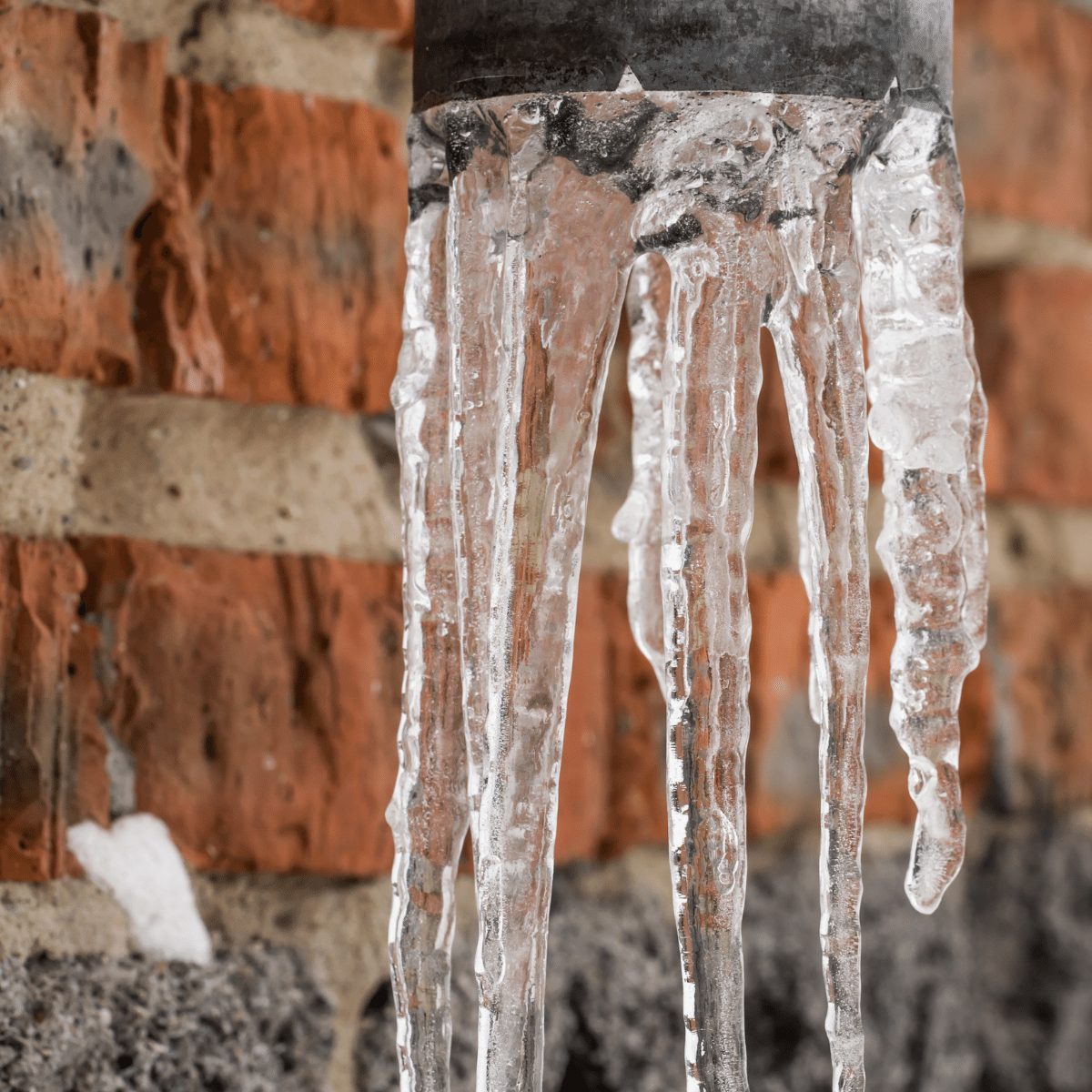How to Avoid Frozen Plumbing in Cold Weather: Expert Guidance
How to Avoid Frozen Plumbing in Cold Weather: Expert Guidance
Blog Article
The author is making a number of good points about Helpful Tips to Prevent Frozen Pipes this Winter overall in the article down the page.

Cold weather can damage your plumbing, especially by freezing pipelines. Below's just how to avoid it from occurring and what to do if it does.
Introduction
As temperature levels drop, the danger of icy pipelines increases, possibly leading to expensive fixings and water damage. Comprehending just how to stop frozen pipes is critical for property owners in chilly environments.
Avoidance Tips
Insulating susceptible pipes
Wrap pipelines in insulation sleeves or utilize warmth tape to shield them from freezing temperature levels. Concentrate on pipelines in unheated or external locations of the home.
Home heating strategies
Maintain indoor areas appropriately warmed, specifically locations with plumbing. Open cabinet doors to permit cozy air to distribute around pipes under sinks.
How to identify icy pipelines
Search for decreased water circulation from faucets, unusual smells or noises from pipes, and noticeable frost on subjected pipes.
Long-Term Solutions
Architectural modifications
Consider rerouting pipelines away from outside walls or unheated locations. Add added insulation to attics, cellars, and crawl spaces.
Upgrading insulation
Buy premium insulation for pipes, attics, and wall surfaces. Proper insulation aids maintain constant temperature levels and decreases the threat of icy pipes.
Securing Exterior Plumbing
Yard tubes and outdoor faucets
Detach and drain pipes garden hose pipes before winter months. Mount frost-proof spigots or cover outdoor faucets with protected caps.
Recognizing Icy Pipelines
What creates pipes to freeze?
Pipes freeze when exposed to temperatures below 32 ° F (0 ° C) for extended periods. As water inside the pipes freezes, it increases, taxing the pipe walls and possibly causing them to break.
Risks and problems
Icy pipes can result in water supply interruptions, residential or commercial property damages, and expensive fixings. Burst pipelines can flood homes and cause comprehensive architectural damage.
Indications of Frozen Pipeline
Determining frozen pipelines early can prevent them from breaking.
What to Do If Your Pipelines Freeze
Immediate actions to take
If you suspect icy pipes, maintain taps available to alleviate stress as the ice melts. Utilize a hairdryer or towels soaked in hot water to thaw pipelines slowly.
Final thought
Preventing frozen pipelines requires positive actions and quick reactions. By recognizing the causes, indications, and safety nets, home owners can protect their plumbing during winter.
Helpful Tips to Prevent Frozen Pipes this Winter
UNDERSTANDING THE BASICS: WHY PIPES FREEZE AND WHY IT’S A PROBLEM
Water freezing inside pipes is common during the winter months, but understanding why pipes freeze, and the potential problems it can cause is crucial in preventing such incidents. This section will delve into the basics of why pipes freeze and the associated problems that may arise.
THE SCIENCE BEHIND FROZEN PIPES
When water reaches freezing temperatures, it undergoes a physical transformation and solidifies into ice. This expansion of water as it freezes is the primary reason pipes can burst. As the water inside the pipe freezes, it expands, creating immense pressure on the walls. If the pressure becomes too great, the pipe can crack or rupture, leading to leaks and water damage.
FACTORS THAT CONTRIBUTE TO PIPE FREEZING
Low Temperatures: Extremely cold weather, especially below freezing, increases the risk of pipes freezing. Uninsulated or Poorly Insulated Pipes: Pipes located in unheated areas, such as basements, crawl spaces, or attics, are more prone to freezing. Insufficient insulation or lack of insulation altogether exacerbates the problem. Exterior Wall Exposure: Pipes running along exterior walls are susceptible to freezing as they encounter colder temperatures outside. Lack of Heating or Temperature Regulation: Inadequate heating or inconsistent temperature control in your home can contribute to frozen pipes. PROBLEMS CAUSED BY FROZEN PIPES
- Pipe Bursting: As mentioned earlier, the expansion of water as it freezes can cause pipes to burst, resulting in significant water damage.
- Water Damage: When pipes burst, it can lead to flooding and water damage to your property, including walls, ceilings, flooring, and personal belongings.
- Structural Damage: Prolonged exposure to water from burst pipes can compromise the structural integrity of your home, leading to costly repairs.
- Mold and Mildew Growth: Excess moisture from water damage can create a favorable environment for mold and mildew growth, posing health risks to occupants.
- Disrupted Water Supply: Frozen pipes can also result in a complete or partial loss of water supply until the issue is resolved.
WHY CERTAIN PIPES ARE MORE PRONE TO FREEZING
- Location: Pipes located in unheated or poorly insulated areas, such as basements, crawl spaces, attics, or exterior walls, are at higher risk of freezing.
- Exterior Pipes: Outdoor pipes, such as those used for irrigation or exposed plumbing, are particularly vulnerable to freezing as they are directly exposed to the elements.
- Supply Lines: Pipes that carry water from the main water supply into your home, including the main water line, are critical to protect as freezing in these lines can affect your entire plumbing system.
- Underground Pipes: Pipes buried underground, such as those connected to sprinkler systems or outdoor faucets, can be susceptible to freezing if not properly insulated.
https://busybusy.com/blog/helpful-tips-to-prevent-frozen-pipes-this-winter/

I recently found that piece about Winter Plumbing Precautions: Preventing Frozen Pipes when doing a lookup on the web. Do you know another person who is in to 6 Ways to Prevent Frozen Pipes? Be sure promote it. Thanks a bunch for being here. Come back soon.
Book Your Appointment Report this page